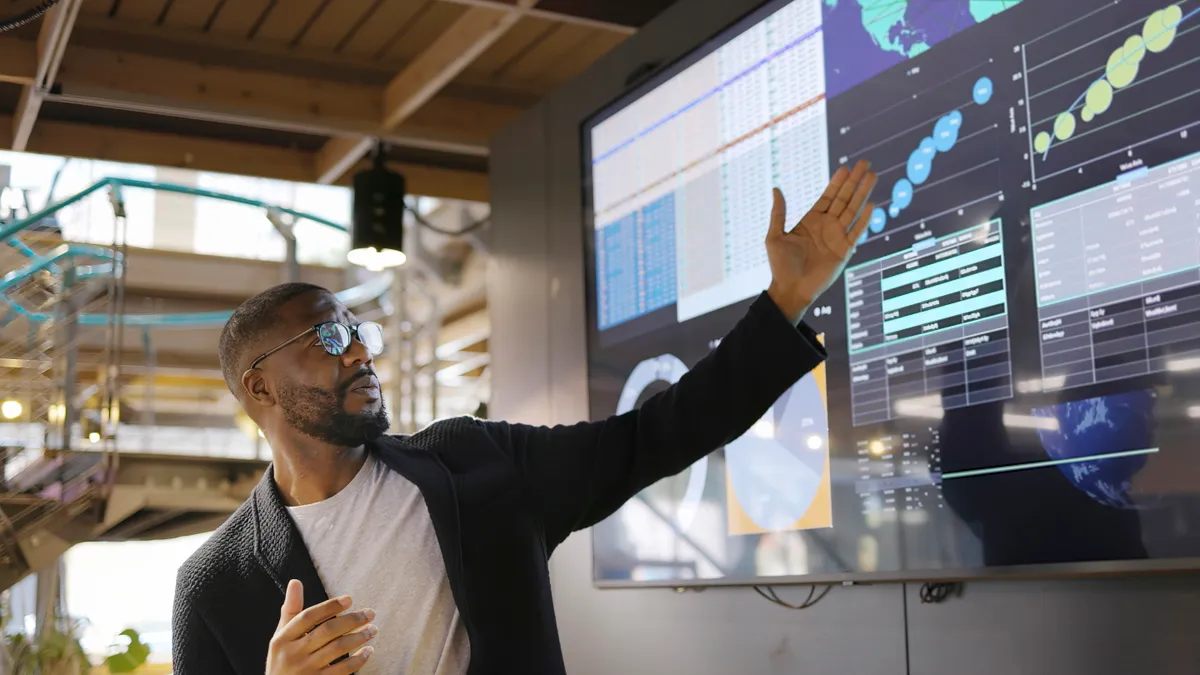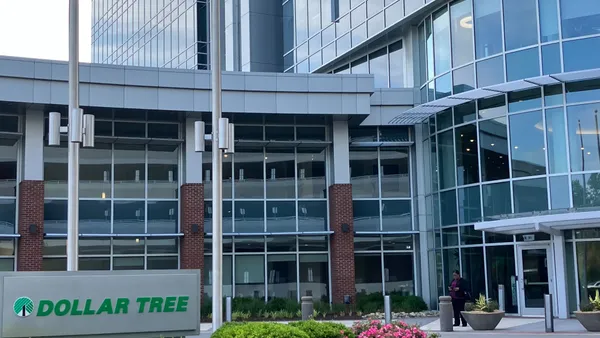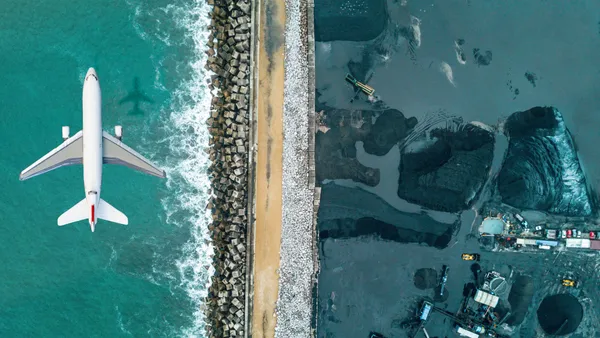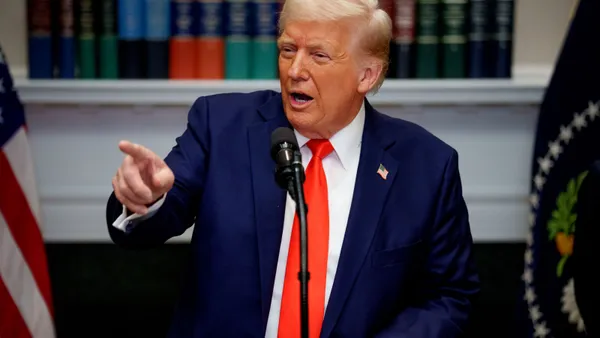Dive Brief:
- Procurement executives named cost savings as their top priority for 2024, according to the January CPO Agenda survey from consulting firm The Hackett Group.
- Cost saving hasn’t been named the top priority since Hackett’s 2021 survey, but economic uncertainties put the issue back into the spotlight, according to the report.
- “What we are seeing in 2024, is that procurement teams are being more proactive about cost reduction, planning how they will support the company’s bottom line before cost savings targets / initiatives are handed down to them,” Amy Hillcox, procurement senior research director at Hackett Group, told Supply Chain Dive in an email.
Dive Insight:
Procurement teams outlined planned operational advancement initiatives, with data and reporting at the top of the list with 75% of survey participants saying they had created improvement plans, which could drive down costs, according to the report.
Hackett noted that businesses they consider to be technologically advanced deliver 96% higher savings than those it does not. Procurement teams at those companies also have a 2.4 times advantage when it comes to return on investment.
Meanwhile, 56% of participants said they had plans for improved strategic sourcing and 50% indicated plans for improvements around supplier relationship management.
Hackett’s report is distilled from its 2024 Key Issues research, which is based on data gathered from more than 375 executives in finance, procurement, supply chain, human resources, information technology and global business services at midsize and large companies, a spokesperson told Supply Chain Dive.
At the tail end of 2022, businesses had a generally positive outlook on the consumer and economic landscapes as pandemic effects subsided, Hillcox said. Then Russia invaded Ukraine, and inflation rates soared.
“Many procurement teams had to reskill themselves on how to manage inflationary environments and enhance their capabilities to deal with supply market disruption,” Hillcox said. “Fairly early on in 2023, we saw procurement organizations pivoting to a primary cost focus as headline inflation rates slowed and supply stabilized.”
Now, procurement teams are playing a waiting game as the economic landscape faces several uncertainties, she said. For many, that means some spending conservatism.
One factor behind companies’ spending hesitancy is that the U.S. has yet to declare the recession that many feared was coming, despite the fact that other major economies like Japan and the U.K. did earlier this year, Hillcox said. High interest rates are another factor, making debt more expensive.
Additionally, Hillcox said, more than 50 countries are set to hold national elections this year, creating greater uncertainty in the global economy.
“This has a potential to change the political landscape with knock on implications to economic policy and/or geopolitical events which could impact supply markets,” she said.













